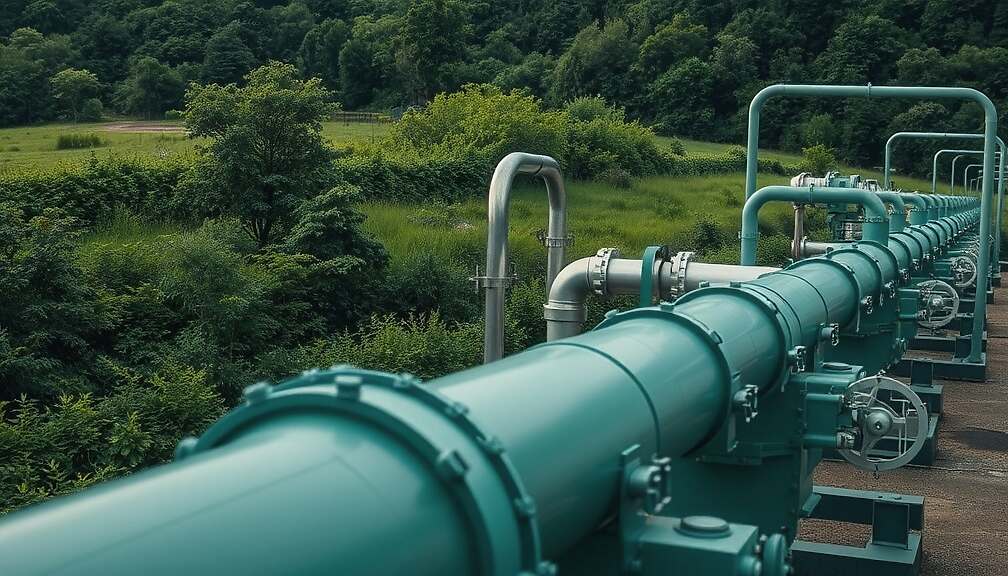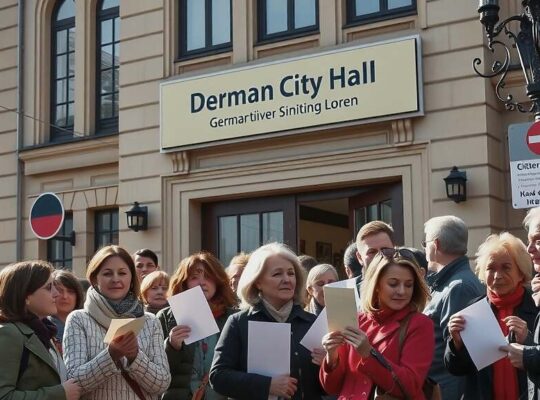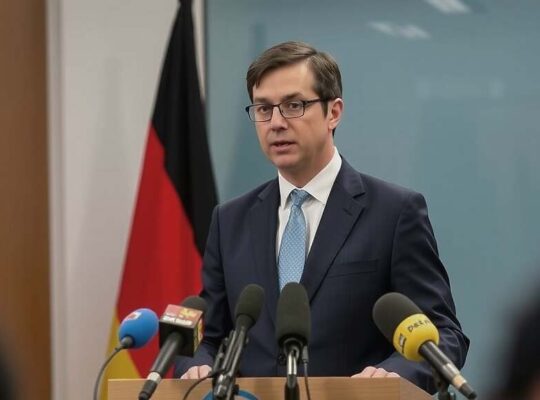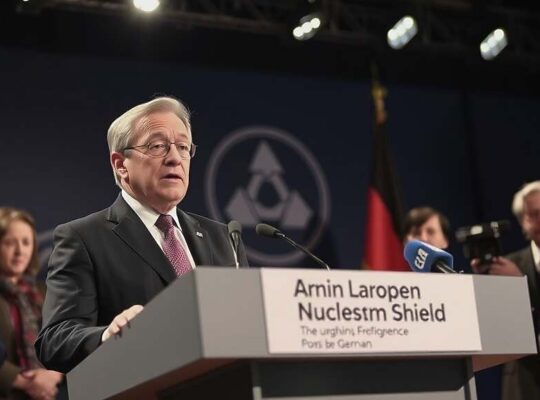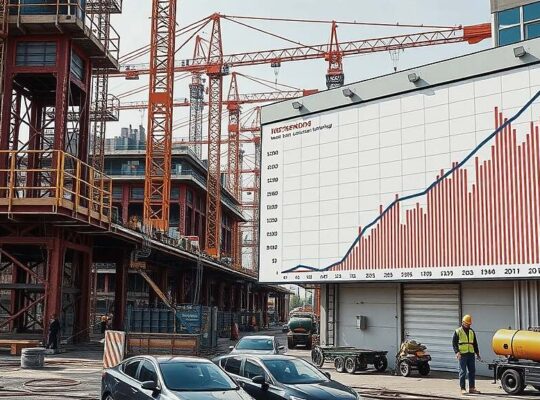Analysis of financial reports published in the Federal Gazette reveals significant returns generated by Germany’s gas network operators, prompting scrutiny of pricing structures and potential consumer impact.
A recent evaluation by the Bundesverband Neue Energiewirtschaft (BNE) examined the performance of 19 network operators, encompassing approximately 45% of the German market. Their average return on equity for 2023 reached 22%, with three companies exceeding 50%. As of yet, data for 2024 remains largely unavailable.
These returns are primarily derived from grid fees, which are passed on to consumers through charges included in their gas bills. The BNE analysis indicates an average increase of 22% in these grid fees for 2025. This translates to an additional cost of roughly €80 annually for an average single-family household consuming 20,000 kilowatt-hours of gas per year.
The dominant position of these network operators contributes significantly to their robust profitability. As of late last year, the Federal Network Agency (BNetzA) registered 687 regional gas network operators across Germany. The BNetzA calculates fixed return frameworks every five years, intended to incentivize investment in new infrastructure while keeping consumer costs in check. The current guideline for existing infrastructure stands at around 5% before taxes.
However, as the BNE analysis demonstrates, actual returns frequently exceed these guidelines. Network operators contend that direct comparisons between the guidelines and their profits are challenging, emphasizing the variability of annual returns due to fluctuating investment cycles. While investments in expanding gas networks are often initially unprofitable, subsequent returns may be considerably higher. Nevertheless, BNetzA analyses show that even when extending the observation period, gas network operator returns have generally remained elevated, averaging 18% between 2019 and 2023.


